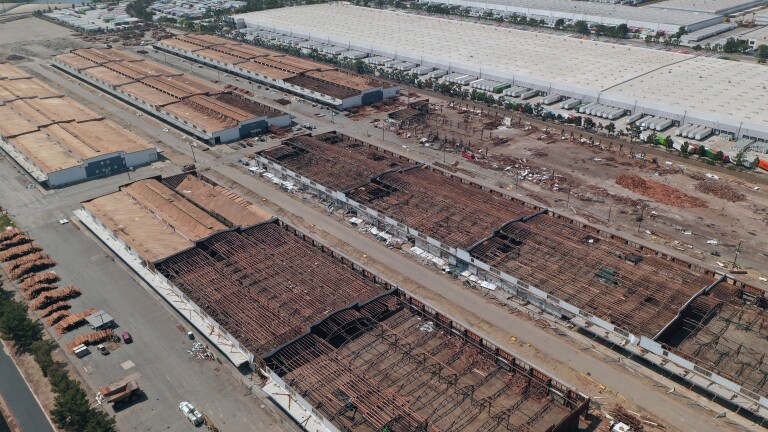Support Provided By
Latest

From California’s citrus heyday in the 1800s to Cold War military expansion, the Inland Empire has been a center of shipping and distribution. Today’s warehouses boom, linked to ongoing environmental degradation and job insecurity, has its roots in the science of war and in long histories of land and labor exploitation.













